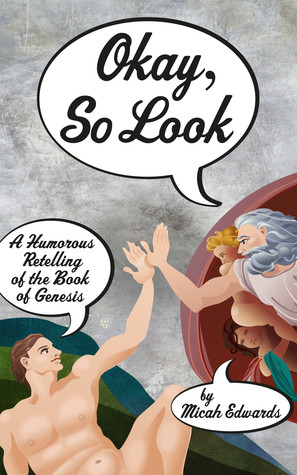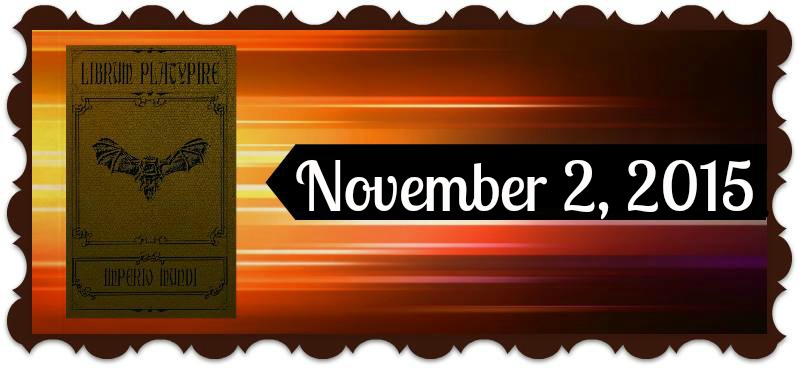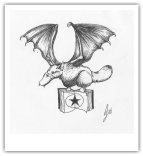Spotlight

Synopsis:
Genesis… retold for those of us who could never make it past all those “begats.” The Book of Genesis has some truly great stories, and is the foundation of many themes that are used again and again in literature. But many of us skip it because we bog down in the long series of "begats." Comedian Micah Edwards applied his comedic skills to his lifelong interest in the Bible, and the result is a funny, but accurate, retelling of The Book of Genesis.
Genesis… retold for those of us who could never make it past all those “begats.” The Book of Genesis has some truly great stories, and is the foundation of many themes that are used again and again in literature. But many of us skip it because we bog down in the long series of "begats." Comedian Micah Edwards applied his comedic skills to his lifelong interest in the Bible, and the result is a funny, but accurate, retelling of The Book of Genesis.
Excerpt
GENESIS 4:1 – 4:24
RAISING CAIN
Adam and Eve, having been kicked out of the Garden of Eden, decide to make the best of it and settle down to raise a family. Their firstborn son is Cain, who plants fields and raises crops. Their second son is Abel, who makes the rather odd decision to become a shepherd. This might not seem all that abnormal, until you recall that God has so far told people that they can only eat plants. He doesn’t allow them to eat meat until Genesis 9, which is over a millennium later. So apparently Abel is raising flocks of animals just to hang out with.
It’s possible, of course, that Abel’s ignoring God, and is raising the animals to eat. If that were the case, though, you might expect God to be somewhat annoyed. Instead, we’re told that Cain and Abel both bring offerings to God from their respective work, and that God is pleased by Abel’s offering, but not by Cain’s. Evidently God has no problem with the animals being sacrificed; he just doesn’t want them eaten. Cain, not having made this non-intuitive mental leap, is pretty irritated by the whole situation. God, displaying something less than the grace and insight you’d expect of an all-powerful deity, tells him to quit whining and do better next time.
Cain, smarting at the double rebuke, takes out his anger on his brother and kills him. When God asks Cain where his brother is, Cain responds with a great line: “Am I my brother’s keeper?”
God, who knows perfectly well what happened to Abel, doesn’t care for Cain’s smart-alecky tone, and curses him. Because he spilled his brother’s blood on the ground, the ground will no longer produce crops for him, and he is condemned to wander the world. Additionally, God marks him so that no one will kill him. He’s forced to live out the rest of his life with the weight of what he’s done, away from his parents and from God.
Now, you might think that Cain was going to have a pretty lonely time of it, what with his parents being the first people and all. However, he heads off to the land of Nod—which means ‘wandering’ in Hebrew, so technically he’s still a wanderer, or at least a Wanderinger—and finds at least one person there, a woman, whom he marries. My best guess is that this woman is either the female half of the couple that God made in Genesis 1, or descended from them. The Bible runs through six generations of Cain’s begats, figures that’s about all you need to know about Cain’s legacy, and lets the whole thing drop to get back to Adam.
|
|
|
|
|
|
|
|
|
|
|
|
|
|
|
|
|
|
|
|
|
|
|
|






 RSS Feed
RSS Feed
